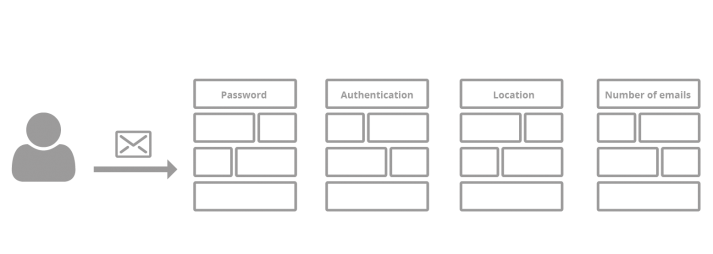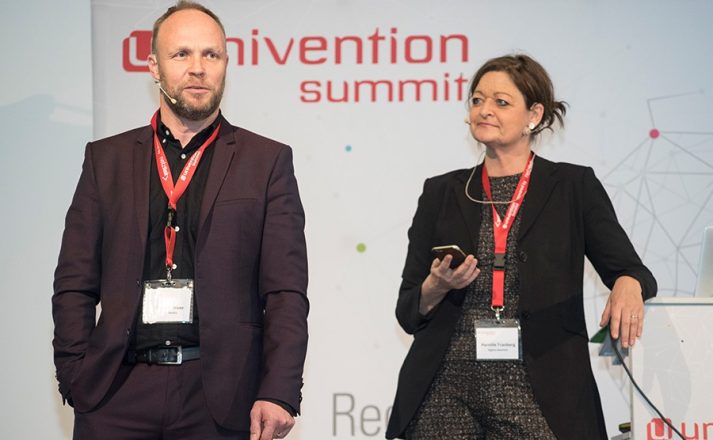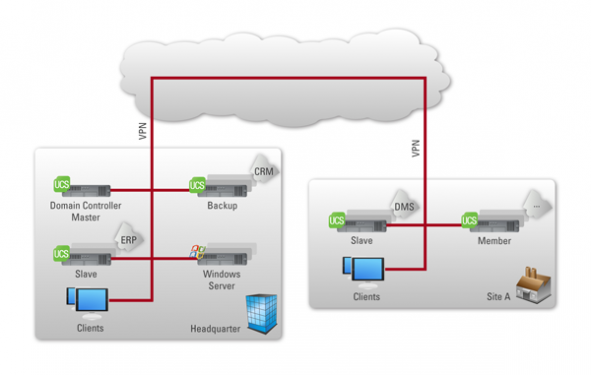Short Introduction: How to Upgrade Your E-mail Server to a Bullet-Proof Fortress
E-mails have become an integral part in our everyday lives. In business anyway, but they have also found their way into our schools. However, schools face the same problems that have long been known by organizations: School authorities with thousands of students, hundreds of teachers and many administrative employees offer hackers a target at least as worthwhile as other large enterprises.
In this article, I’ll show you some simple yet highly effective measures that you as the administrator of a corporate IT or school IT can take to effectively protect your users and mail servers from hacker attacks. As massive spams are not only annoying or even dangerous to us all, they can also cause other mail servers to mistrust your email servers so that your users will no longer be able to send regular mails.








